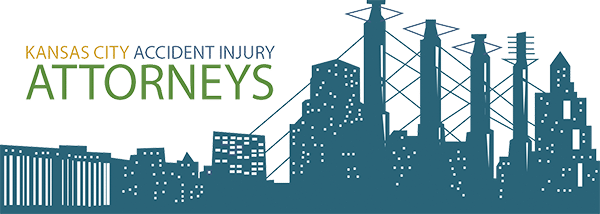Why Restricting Teen Night Driving Saves Lives
Most teens cannot wait to get their driver licenses. They look forward to the ability to get themselves to and from school and part-time jobs, and they especially look forward to the freedom a license gives them to go out with friend to movies, concerts, and parties.
While we remember these feelings ourselves and appreciate teenagers’ excitement about driving, we are also more aware than they are of the risks they face as inexperienced drivers. Teens are three times more likely than any other age group to die in a car accident. The riskiest time for teenage drivers is at night, even in the hours before midnight.
The Risks of Night Driving for Teens
According to recent statistics from the Centers for Disease Control and Prevention (CDC), 30 percent of fatal teen crashes occur at night, between the hours of 9:00 p.m. and 6:00 a.m. While it seems logical that more crashes would occur late at night than at other times, the CDC’s study revealed that 57 percent of these fatal nighttime crashes occurred between the hours of 9 p.m. and midnight.
These victims are not teens who are out late at parties or who are likely fatigued or impaired. These teens are driving home from work, from the library, from football games, and from friends’ houses to make curfew. What these numbers indicate is that teens just don’t have the experience to prepare them for the added hazards of driving at night. From poor visibility to the increased likelihood of encountering drunk drivers, teens aren’t as capable of handling these hazards as older, more experienced drivers. Studies also indicate that fewer teens wear seatbelts at night because they believe they are less likely to get caught in the dark.
Graduated Licenses Are Designed to Limit Night Driving
One reason the CDC conducted this study was to gather information to inform states of the best way to protect teens. Forty-nine states and the District of Columbia have night driving restrictions in place for teens as a part of their graduated licensing systems. Only Vermont places no restrictions on teens. However, only 23 of these states limit teen driving before midnight. Because the CDC’s new data shows that a majority of fatal accidents occurring at night happen before midnight, they believe these night driving restrictions don’t go far enough. They recommend that states restrict teen driving beginning at 9 p.m.
How Kansas and Missouri Stack Up
Both Kansas and Missouri have a version of the graduated license system in place for teenage drivers, although they differ significantly from each other and in their regulation of night driving.
Night driving restrictions for each state are as follows:
- Kansas. Kansas is one of the 27 states that restrict teen driving before midnight. In fact, Kansas has one of the earliest driving curfews for 16-year-old drivers at 9:00 p.m. However, 16-year-olds may drive at any time if they’re going to or from school, work, or a religious service. Once a driver turns 17, there are no restrictions for night driving.
- Missouri. While Missouri does restrict night driving for teens, it has one of the latest curfews in the country at 1:00 a.m. Teen drivers between the ages of 16 and 18 may not drive between 1:00 a.m. and 5:00 a.m. unless they’re going to or from school or work or have an emergency.
While Kansas is much closer to the CDC’s recommendations than Missouri, there’s still the potential for a lot of teens to be on the roads after dark. Missouri’s restrictions really don’t go far enough to protect teens from their biggest threat—their own inexperience.
Have You Been Injured In A Kansas City Area Car Accident?
If you’ve been injured in a car accident you need to speak with an experienced car accident lawyer as soon as possible. Contact us online or call our Kansas City office directly at 816-471-5111 to schedule your free consultation.

Kansas City personal injury attorney James Roswold of Kansas City Accident Injury Attorneys handles cases dealing with victims of personal injury, medical negligence, wrongful death, workers compensation, nursing home negligence, premises liability, product liability, car accident, truck accident and motorcycle accident cases.

